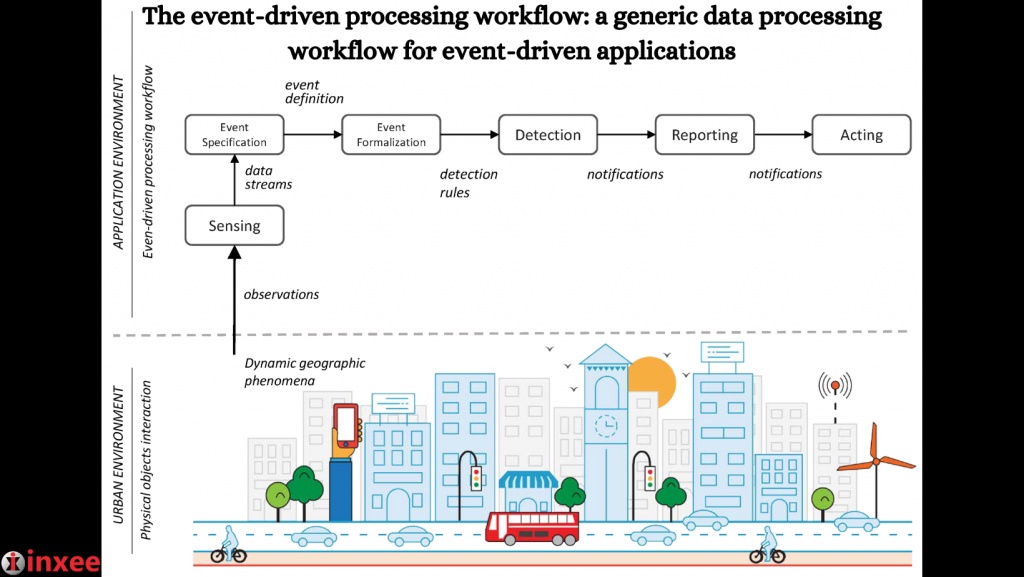Integration and Exploitation of Sensor Data in Smart Cities through Event-Driven Applications
Integration and exploitation of sensor data in smart cities through event-driven applications play a crucial role in enabling efficient and sustainable urban environments. In this context, we acknowledge the significance of integrating diverse sensor data sources and leveraging event-driven applications for real-time monitoring and decision-making.
Firstly, the integration of sensor data from various sources such as IoT devices, traffic sensors, weather stations, and surveillance systems is vital to gain comprehensive insights into urban operations. By aggregating and analyzing this data, cities can obtain a holistic view of their infrastructure, transportation systems, energy consumption, and environmental conditions. This integration enables city administrators to make informed decisions, optimize resource allocation, and enhance the quality of life for residents.
Secondly, event-driven applications provide the means to process and respond to sensor data in real time. By leveraging event-driven architectures and technologies, cities can detect and respond to critical events and anomalies promptly. For example, in the case of traffic congestion, an event-driven application can trigger automated responses such as adjusting traffic signal timings or rerouting vehicles to alleviate congestion.
Furthermore, event-driven applications enable the development of smart city services and applications that leverage sensor data. These applications can range from intelligent transportation systems and predictive maintenance to energy management and public safety. By exploiting sensor data through event-driven applications, cities can enhance efficiency, sustainability, and resilience while improving the overall urban experience for residents and visitors.
In conclusion, the integration and exploitation of sensor data in smart cities through event-driven applications are essential for creating intelligent, data-driven urban environments. This approach enables real-time monitoring, proactive decision-making, and the development of innovative services that improve the quality of life in cities.










Leave a Reply